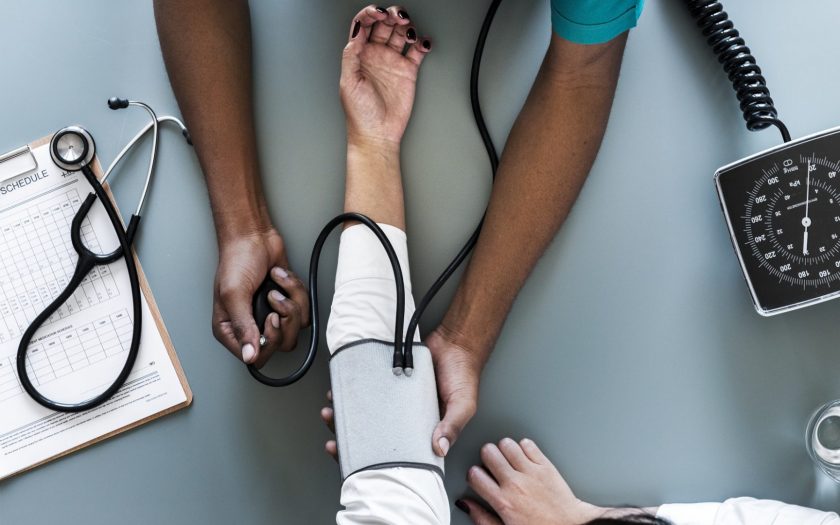Hypertension is an insidious illness. Sometimes it is also called “silent killer”. It is expressed by a constant or periodic increase of pressure.
Being in the initial stage, the disease does not manifest itself and proceed without any symptoms. Therefore, many people, who are struck by it, do not suspect that they have health problems. Hypertension is doing its job and causing irreparable harm to the body, forcing the organs to work with increased stress and causing them to quickly wear out. Without treatment, it leads to deterioration of vision and cerebral circulation.
Symptoms of hypertension
People younger than 30 years rarely suffer from hypertension. In the initial stage of the disease proceeds almost asymptomatic, so it can be detected by controlling blood pressure, which in healthy people should not exceed 130/90. For more reliable results, it is measured in a calm state 3 times for 30 minutes. Before the procedure, it is not recommended to drink coffee and tea and to be subjected to physical activity.
Stages of hypertension
First – the pressure fluctuates within 140-159 / 90-99, while it can lower to normal, and then rise again.
The second – the pressure is within the range 160-179 / 100-109. Indicators keep pace and decrease rarely for a short time.
The third – the pressure is more than 180/110, it is constantly increased but decreases only with heart failure.
The very first signs of hypertension may be a headache and the feeling of unmotivated fatigue, especially at the end of the day. The presence of the disease can be described as episodic headaches, weakness, memory impairment, heart failure, and unstable pressure.
At later stages, the patient begins to feel the noise in the ears, numbness or chills of the fingers, sweating, headaches, nausea, dizziness and increased fatigue. He may have circles or spots in front of his eyes, blurred vision, sleep disturbances, morning edema, problems with the kidneys and persistently high pressure.
In the most severe stage of hypertension, there is a renal or heart failure, there is a violation of blood circulation in the brain and some morphological changes. A person may experience a significant decrease in intelligence, memory, and vision, coordination is disturbed.
Symptoms are exacerbated during a hypertensive crisis.
Treating hypertension
Antihypertensive drugs, such as Accuretic, Amlip, are often used to reduce pressure as remedies for hypertension treatment. Medicinal therapy takes place for a long time. Interrupting it is not recommended, as abrupt withdrawal of drugs can lead to serious consequences. In a mild form of hypertension may be applied to non-drug treatment. It aims to change lifestyles and includes:
- Reduction or total abandonment of salt.
- Measures to reduce overweight.
- Refusal of bad habits.
- Normal physical activity.
- Compliance with a special diet or proper nutrition.
- The decrease in cholesterol level.
- Reducing overloads and stressful situations.

